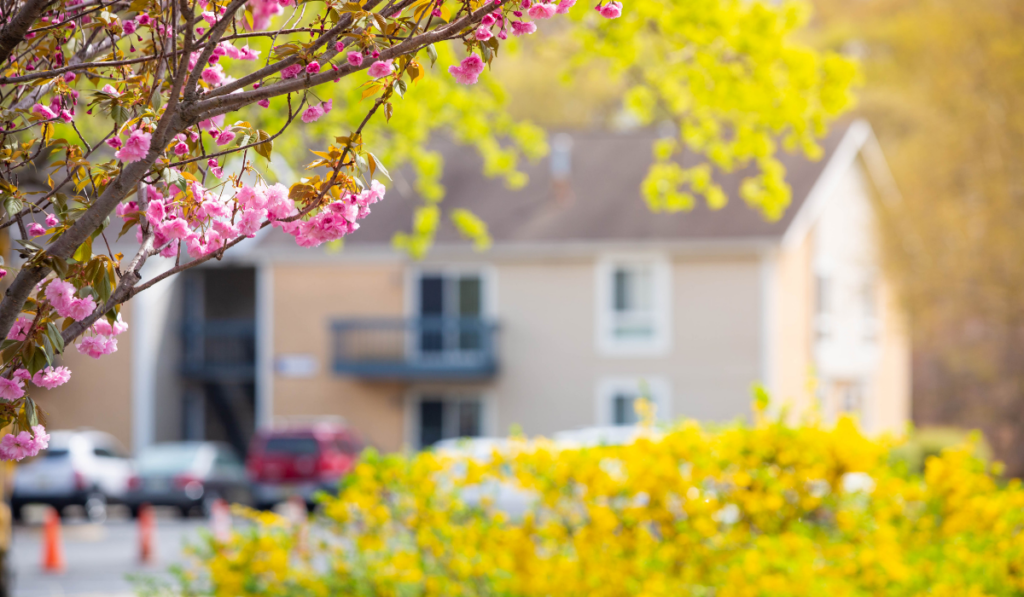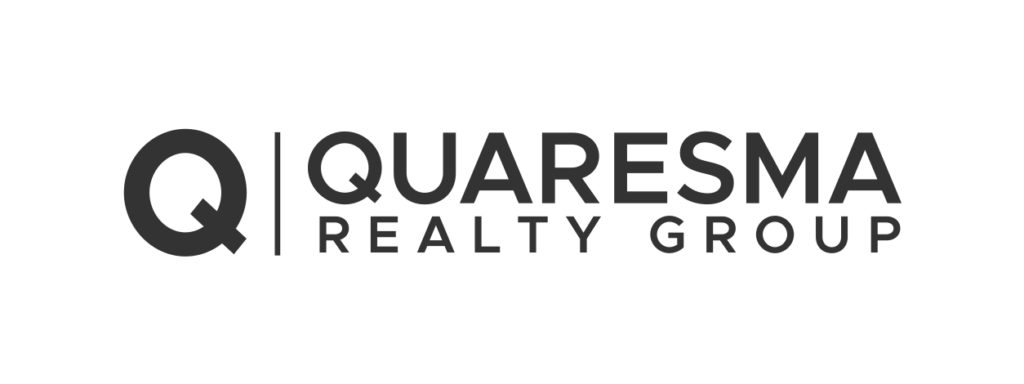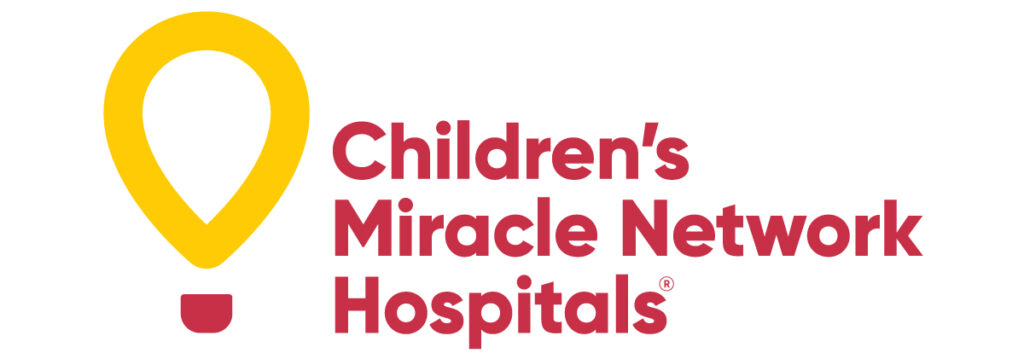Purchasing a new home is an exciting endeavor, but it’s important to keep in mind that, financially speaking, the journey involves more than just the sale price. Transaction-related and closing costs can quickly accumulate and catch buyers off guard. In this guide about the hidden costs of buying a home in Kingston, we’ll delve into the various aspects of these costs, ensuring you’re well-prepared for a smooth and informed home-buying experience.
Understanding Transaction-Related Costs
Transaction-related costs encompass fees incurred during the conditional period of a home purchase. These costs are often overlooked but can significantly impact your budget. Let’s take a closer look at some essential transaction-related expenses:
1. Home Inspection:
We strongly recommend a home inspection to uncover any hidden issues before finalizing a deal. While the cost can vary, a standard figure hovers around $350 plus HST. Hiring a reputable inspector is advisable to ensure a comprehensive assessment of the property’s condition. We’ll be happy to assist you in finding an inspector you can trust.
2. Property Evaluation:
Properties with features like wells, septic systems, or fireplaces might require specialized evaluations. If the property you’re buying includes one of these, hiring a professional for a thorough inspection before finalizing your conditions is advisable. Typically, we request sellers to cover expenses like septic system pumping and confirming the compliance of fireplaces or wood stoves. However, as the buyer, it’s prudent to allocate approximately $225 for an hour-long pump test on the well and additional costs for further chemical analysis. Notably, the Ministry of Health offers free water testing services.
3. Status Certificate (for Condos):
Condo buyers must budget for a status certificate, typically priced between $100 and $350. This document outlines condo rules and financial status, providing critical insights before making a purchase.
Navigating Closing Costs
Closing costs are the fees associated with finalizing the property sale. These expenses are essential to consider, as they can significantly impact your overall budget. Let’s delve into standard closing costs you should be aware of:
1. Down Payment:
Buyers must provide a down payment, typically a minimum of 5%, based on their financial arrangement. The exception is if you’re paying the entire purchase price along with closing fees without needing a mortgage or loan.
2. Deposit:
Upon offer acceptance, a deposit is paid and credited toward the purchase price on closing day. The deposit demonstrates your commitment to the transaction.
3. Land Transfer Tax:
The amount of land transfer tax varies based on the purchase price. First-time buyers can receive up to a $4,000 rebate on this tax, easing the financial burden. Luckily in Kingston, there’s no additional municipal land transfer tax imposed. For those seeking an estimate, you can access this land transfer tax calculator to assist you.
4. Adjustments:
Adjustments account for factors such as property taxes and oil tank refills. For example, if you buy a home in February and the seller has already paid property taxes until June, they’ll want to be reimbursed for that time. If the property has an oil tank and you’re purchasing it, you’ll be responsible for the cost of filling the tank before the closing date. These adjustments are the usual ones you’ll encounter and need to settle when closing the deal. Your lawyer will calculate reimbursement to the seller or payment for these items.
5. Legal Fees:
Real estate lawyers handle various processes in a purchase, such as title searches and transferring the deed—plan for legal fees ranging from $1200 to $2000+, accounting for potential complications.
6. Canada Mortgage and Housing Corporation (CMHC) and Mortgage Fees:
Often included in the borrowed amount, your mortgage broker or bank representative will guide you through these costs associated with obtaining a mortgage.
7. Moving Costs:
The cost of moving varies based on your choice between renting a truck or hiring professional movers, as well as the volume of items you’re transporting.
8. Tarion Warranty (for New Homes):
New home buyers should consider the cost of the Tarion warranty. This expense typically falls within the range of $1,000 to $2,000, contingent on the home’s purchase price. This warranty safeguards against potential defects in newly constructed homes. You can find the detailed fee schedule at Tarion’s Enrolment Fees Calculator.
9. Realtor Commissions:
While uncommon, certain situations may arise where the buyer assumes responsibility for real estate commissions. Rest assured; we will provide guidance and inform you in advance if this is a consideration before proceeding with making an offer.
Crafting Your Budget: Rule of Thumb
To prevent unwelcome surprises, adhering to a rule of thumb is wise. Plan to allocate around 2% of the purchase price for closing costs. This estimation provides a realistic framework to ensure you’re financially prepared for all eventualities.
Collaborate with Professionals
The key to a seamless home-buying experience lies in collaboration with a team of professionals. Your real estate agent and mortgage broker can offer invaluable insights into expected costs, enabling you to create a comprehensive budget. This proactive approach ensures that you’re well-informed and well-equipped to tackle the financial aspect of your new home purchase.
In conclusion, buying a home involves more than just the sale price. Transaction-related and closing costs play a significant role in your budgeting efforts. By understanding these costs and seeking advice from industry professionals, you can confidently navigate the process, ensuring a successful and financially responsible transition to your new home.
If you enjoyed this blog post on the hidden costs of buying a home in Kingston, be sure to explore our blog for more insightful real estate information and valuable local tips. Happy home buying!







